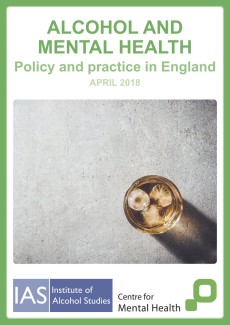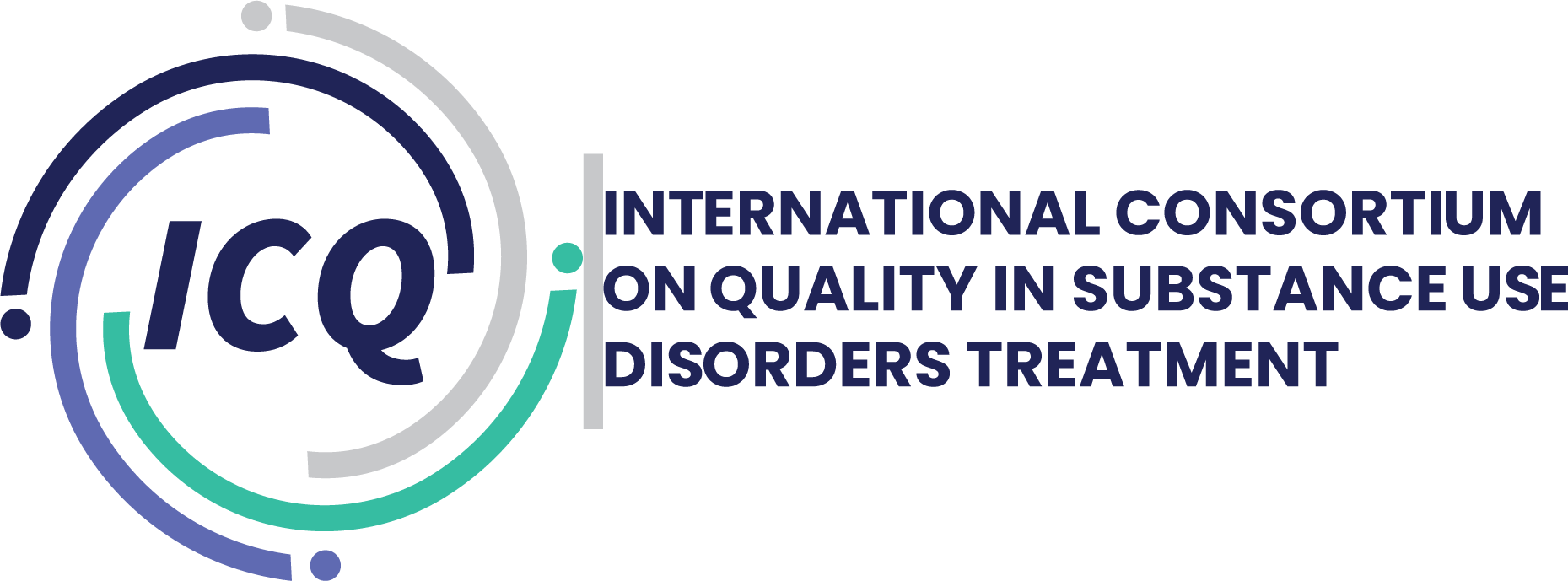The relationship between mental health disorders and substance use and integrated approaches.
Mental Health
Family Rejection as a Predictor of Suicide Attempts and Substance Misuse among Transgender and Gender Nonconforming Adults
A study published in the LGBT Health Journal explores family rejection as a predictor for substance misuse in transgender and gender nonconforming adults. Taking data from the National Transgender Discrimination Survey the study involved...
Crime, Fear, and Mental Health in Mexico
Abstract This article examines the effect of exposure to criminal violence on fear of crime and mental health in Mexico, a country that has experienced a dramatic rise in violent events resulting from the operation of drug trafficking...
National Prevention Week 2018
National Prevention week led by the Substance Abuse and Mental Health Administration (SAMHSA) will take place from 13-19th May 2018. Each day focus will fall on a different topic - starting off with the theme of "Promotion of Mental Health...

First and Subsequent Lifetime Alcoholism and Mental Disorders in Suicide Victims with Reference to a Community Sample
Background: Suicide victims have been found to frequently suffer from mental disorders, often more than one, and comorbidity has also been found to be a risk factor for suicide. The aim of the present study was to determine the first...
#StatusofMind: Social Media and Young People's Mental Health and Wellbeing
KEY POINTS 91% of 16-24 year olds use the internet for social networking Social media has been described as more addictive than cigarettes and alcohol Rates of anxiety and depression in young people have risen 70% in the past 25 years...

The Influence of Psychological Factors during Early Years of Life in the Development of Addiction
Abstract Addiction is a multifaceted condition with various entry and exit points throughout its course in an individual's life. In some adolescents, early onset can be followed by limited adolescent use or abuse and is more related to...
Funcionamiento familiar e intentos de suicidio en un hospital público de Argentina
Resumen Objetivo Analizar los componentes funcionales de la dinámica familiar y factores asociados al intento de suicidio en pacientes asistidos en un hospital público de Argentina en el año 2015. Métodos Se realizó un estudio descriptivo...
Alcohol and Mental Health: Policy and Practice in England
EXECUTIVE SUMMARY Many people who misuse alcohol also have a mental health difficulty, and many people with mental health problems also misuse alcohol. Yet few get effective help from either alcohol or mental health services. National...

8th European Alcohol Policy Conference 2018
The 8th European Alcohol Policy Conference (8EAPC) will take place from 20-21st November in Edinburgh, Scotland.

SAMHSA Tobacco-Free Recovery Grant 2018
The Substance Abuse and Mental Health Services Administration (SAMHSA) National Center of Excellence for Tobacco-Free Recovery Grant is now open for applications. Offering up to 5 million USD the grant can be used for a range of projects...

